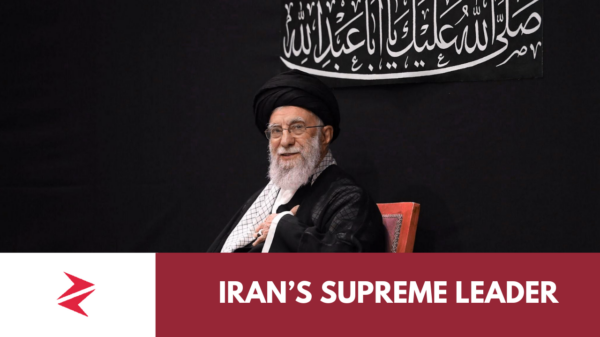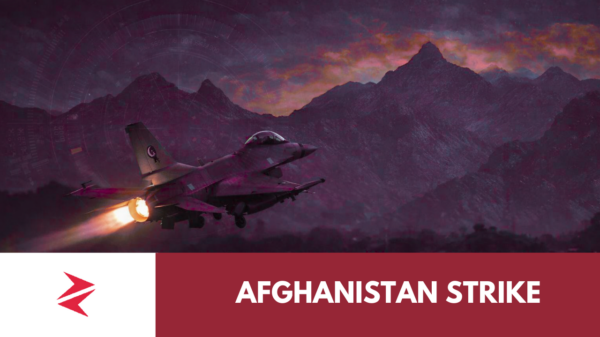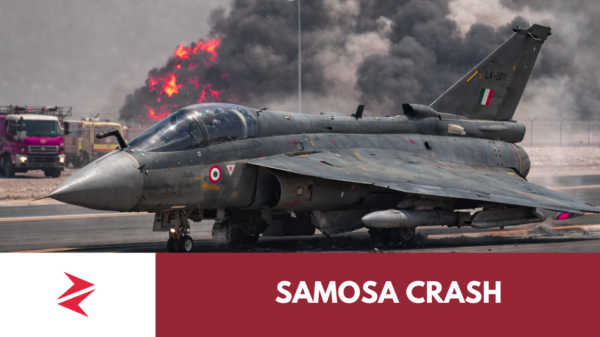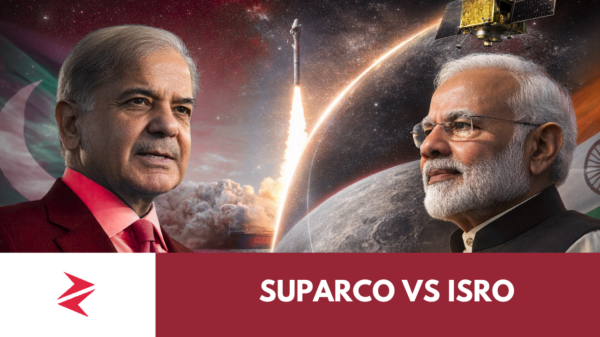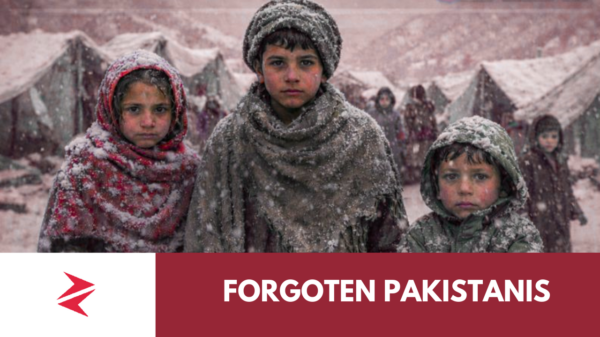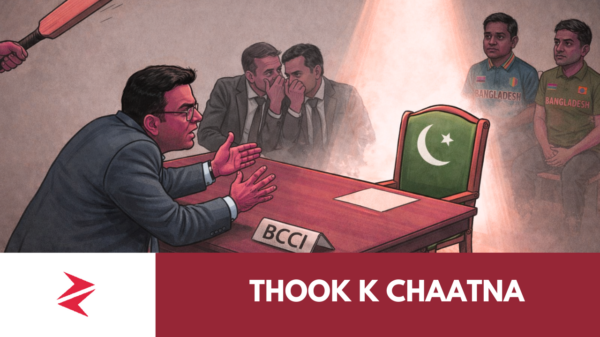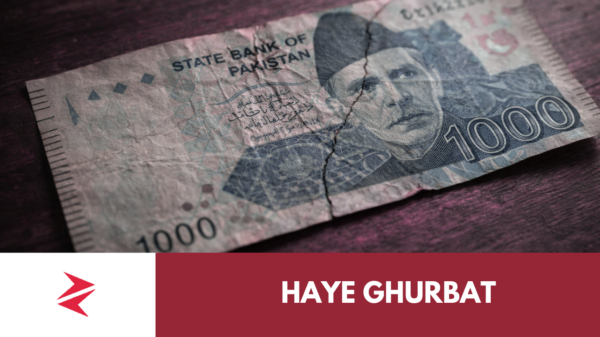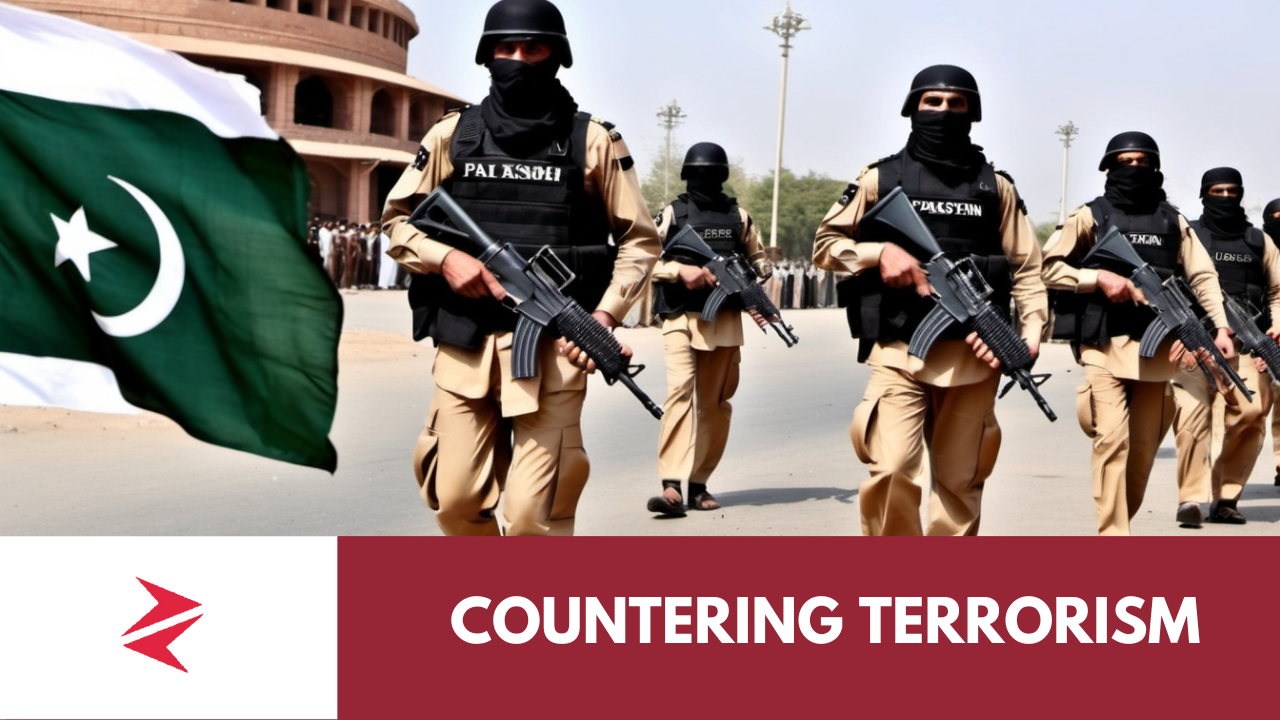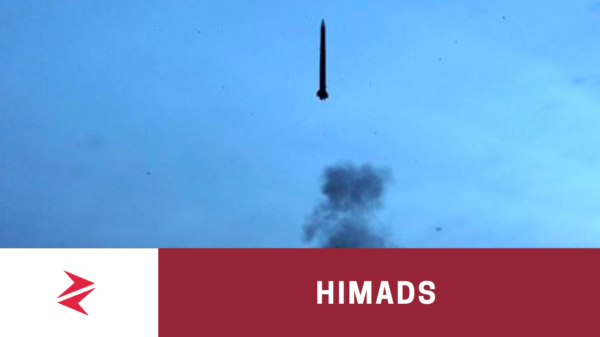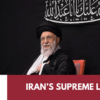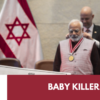The proxy groups formed by Pakistan with CIA assistance during the 1980s to combat the Soviets turned against Pakistan after a shift in the Pakistani government’s stance in 2001. These groups became autonomous and ceased following directives from Pakistani intelligence agencies. Both Pervez Musharraf and President Zardari have acknowledged that had Pakistan not formed these proxies to counter India, the situation would have been different.
Pakistan A Garrison State: Terrorism defined
Asghar Khan, a highly respected figure known for his integrity, challenges Pakistan’s official anti-India stance. He argues that:
(a) India does not pose a national threat and lacks any interest in annexing Pakistan;
(b) Pakistan instigated all conflicts with India;
(c) Had Pakistan engaged in sincere negotiations, the Maharaja of Kashmir might not have chosen to accede to India;
(d) The 1971 war was strategically unsound due to the extensive lines of communication;
(e) Unlike India, Pakistan does not require nuclear weapons;
(f) Pakistan’s nuclear program poses a significant risk to its national security; and
(g) The country bears a substantial economic burden due to its atomic program.
This interview, conducted in 2009 by Dawn, captures Khan’s perspective on these contentious issues.
Asghar Khan, is a Pakistani veteran aviation historian, peace activist, and retired military figure— a three star rank air marshal— who served as the first native Chief of Air Staff of the Pakistan Air Force (PAF) from 1957 until resigning in 1965 prior to the start of the air operations of the PAF during the Indo-Pakistani War of 1965.
Poverty
Impoverished individuals often become prime targets for terrorist recruitment. Poverty fosters resentment towards the wealthy and exacerbates class divisions, which terrorists exploit to their advantage. They offer recruits promises of providing for their families, making terrorism seem like a lucrative opportunity to improve their lives. Ultimately, it’s the hope for a better future that motivates many to persevere. It’s akin to trying to fix a broken CD player: despite multiple attempts and efforts to repair it, the desire to hear a beautiful melody through the headphones keeps one going, believing that their time and sacrifices will not be in vain.
Illiteracy
Illiteracy has significantly contributed to the escalation of terrorism in Pakistan. While the youth literacy rate in the country may appear high, the definition of literacy is often narrow, merely encompassing the ability to read and write a few lines about daily life. This limited definition fails to capture the essence of true literacy, which involves a comprehensive understanding of various issues. Properly educated individuals are less susceptible to being swayed from the right path by terrorists’ influence.
Backwardness
You May Also Like
Sports
Why Pakistan’s India match boycott is rational: security, sovereignty, ICC economics, and how the cricket ecosystem depends on Pakistan—not pressure.
Opinions
It is worth noting that the missile is a product of the Chinese state-owned Shanghai Academy of Spaceflight Technology, indicating the collaborative efforts in...
Democracy is the Best Revenge According to an interview with General Shahid Aziz in Jan 2013, who held high-profile positions during Musharraf’s regime, on...
Opinions
Now for the conspiracies on the inside job. There are some important questions that need answering: There is a PTI government in Punjab, their...
Sports
“IMF would like to continue the support of Pakistan” but the conversation shall be held with the new Govt. An official in writing response...



